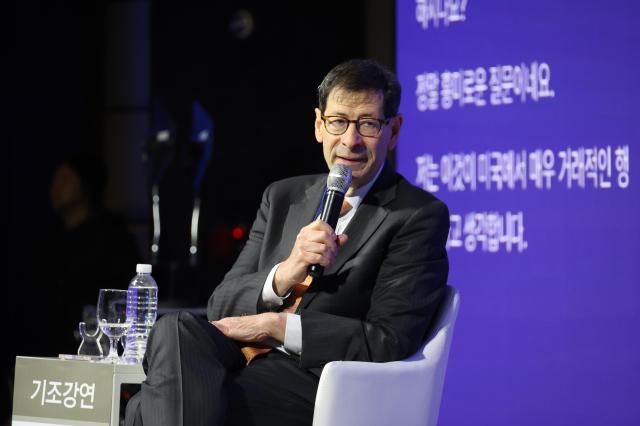
SEOUL, March 26 (AJP) - The 2025 Asia-Pacific Financial Forum, hosted by Aju News Corporation, took place on Mar. 26 at the Westin Josun Hotel in Seoul, under the theme of "Second Presidency of Trump: Financial crises and opportunities in an era of global polarization." The forum brought together government officials, financial regulators, corporate leaders, and scholars to examine the shifting global economic landscape and its implications for South Korea.
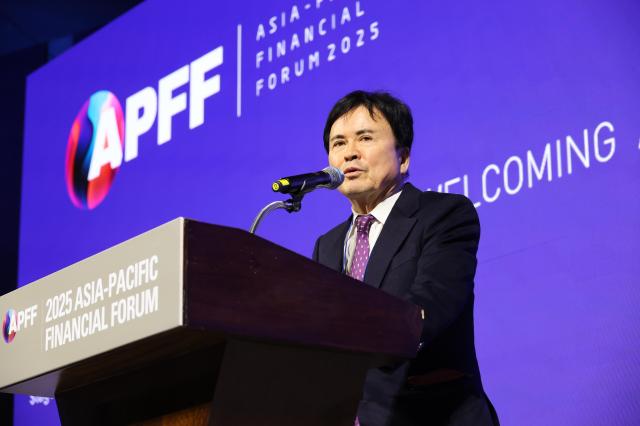
Kwak Young-kil, Chairman of Aju News Corporation, opened the forum with a message of resilience. "Though South Korea is enduring growing pains, I personally believe these trials are the foundation for a new leap forward," he said. Emphasizing the forum’s relevance, he added, "Finance is the lifeblood of industry. When it circulates well, industries bloom, and citizens enjoy stability in their economic lives."
Maurice Obstfeld, former chief economist of the International Monetary Fund (IMF), delivered the keynote address, warning of heightened risks facing South Korea and the broader global economy. "The world has become an even more dangerous place," he said, citing a mix of domestic political divisions, demographic challenges, and international security threats.
He noted that South Korea faces "four linked problems" that are both "domestic and international, economic and political." These include political polarization, demographic decline, rising inequality, and external economic shocks.
"There is inequality between manufacturing and non-manufacturing sectors, between large firms and small and medium enterprises," he said, warning that these disparities contribute to social division and weaken economic resilience.
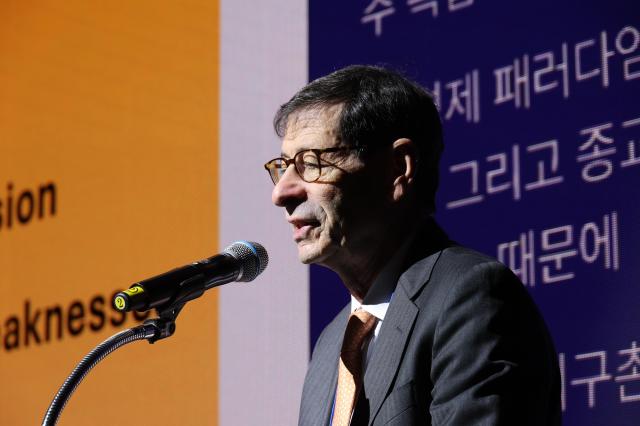
Obstfeld addressed the potential fallout from U.S. trade policy under Trump’s second term. "This degree of uncertainty is unprecedented," he said. "What is bad news for the U.S. economy is bad news for everyone’s economy. South Korea is particularly vulnerable to U.S. tariffs."
He pointed to Korea’s large trade surplus with the U.S.—much of it in the auto sector—as a likely target of scrutiny. "This is bound to attract the attention of the Trump administration, and not in a particularly positive way," he said, adding that "U.S. tariffs probably will harm both spending and output, leaving the net effect on the trade deficit unclear."
He also warned of possible pressure on the South Korean currency. "When tariffs fail, the U.S. is likely to turn decisively toward a weakening of the dollar, which would imply a strengthening of the won and of all other currencies," he said. "This is a somewhat fanciful prospect but could still provide fertile ground for international disagreement."
Despite the sobering outlook, Obstfeld expressed cautious optimism about South Korea’s ability to navigate the turbulence. "There are a range of policies that could make the South Korean economy more resilient—worker training, skilled immigration, paid family leave, and more inclusive productivity growth," he said.
He encouraged deeper regional cooperation, particularly through multilateral frameworks. "South Korea should look at cooperating even more closely with regional neighbors," he said. "Joining the CPTPP and other multilateral trade bodies could enhance resilience."
The forum featured lectures and panel discussions on topics ranging from the future of Korea’s capital markets to investment strategies in a strong dollar and high-interest rate era, as well as the role of virtual assets under the Trump administration. Senior officials, economists, and industry leaders shared insights on how to adapt to the new global financial reality.
Held annually, the Asia-Pacific Financial Forum continues to serve as a crucial platform for confronting the challenges of global finance and charting a path forward for Korea and the broader region.
Copyright ⓒ Aju Press All rights reserved.


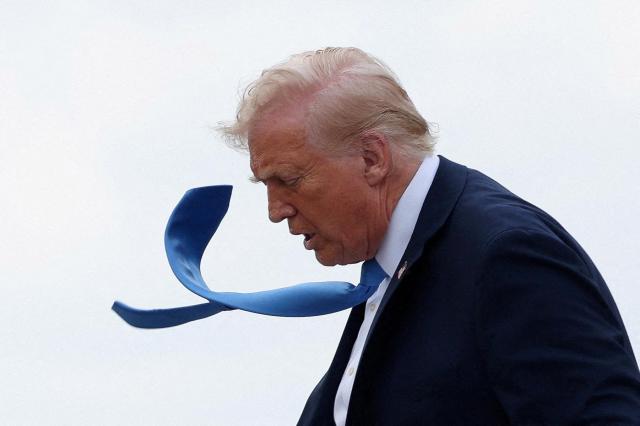
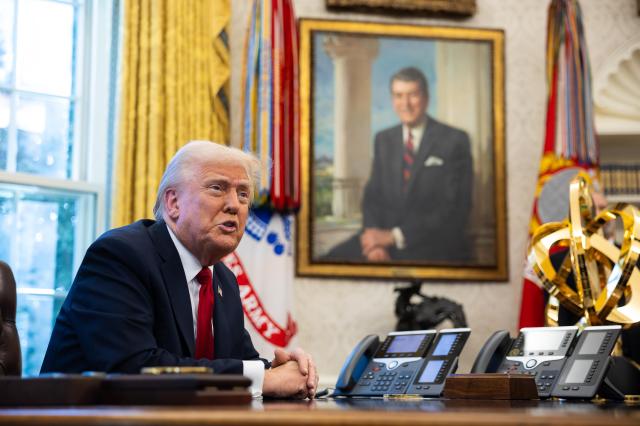
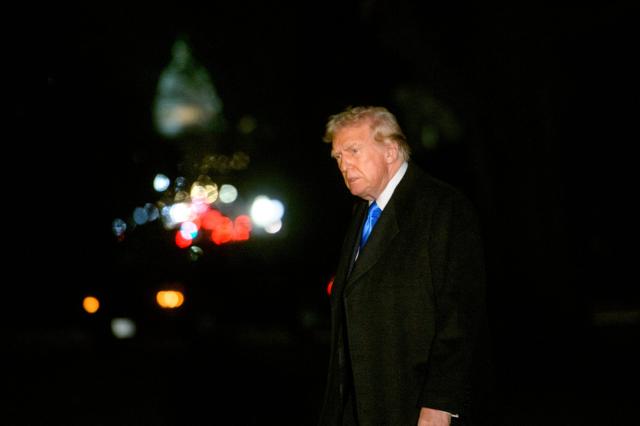
View more comments